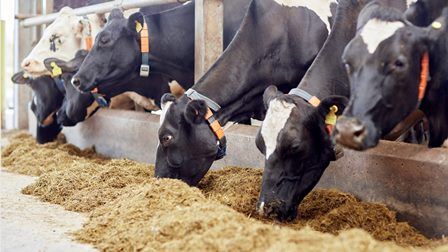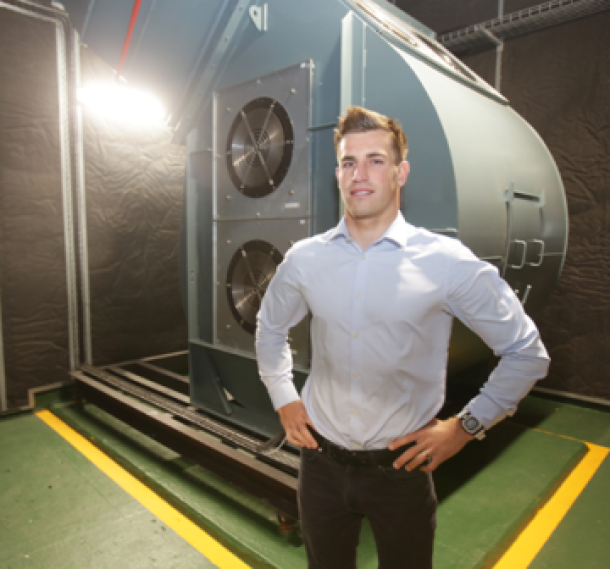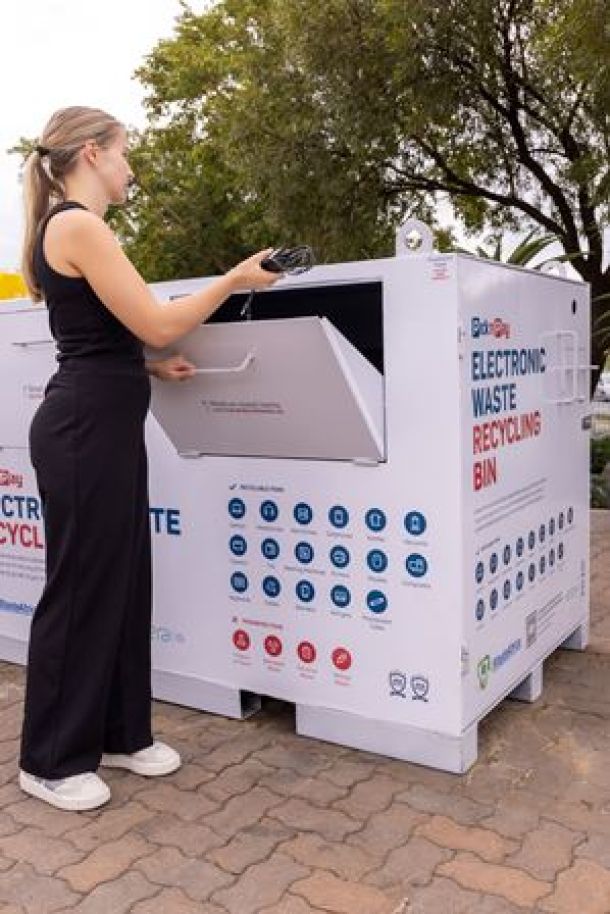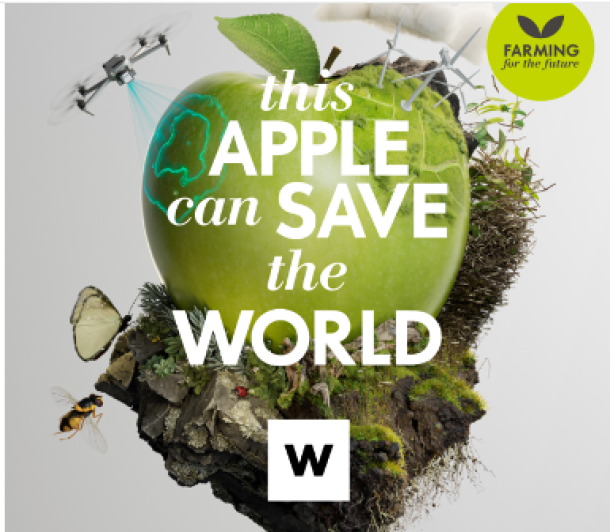
Transforming food waste into animal nutrition: how the Shoprite Group feeds 3 000 cattle a day
By converting 1 000 tonnes of food waste into animal feed over the past six months, the Shoprite Group is providing enough fodder for up to 3 000 cattle daily as part of its commitment to environmental sustainability and advancing the circular economy.
The retailer is repurposing food products – returned from Shoprite and Checkers supermarkets to its distribution centres in Brackenfell, Western Cape, and in Centurion, Gauteng – that are no longer fit for human consumption, thereby preventing waste from ending up in landfills.
Dried goods such as rice, pasta, maize products, cereal products, flour, chips, snacks and seeds now supplements hominy chop, a byproduct of maize milling, in the Group’s animal feed formula. This has resulted in maintaining high-quality feed.
To reduce food waste, which has significant environmental, social and economic implications, the Group applies a hierarchical approach.
“Our biggest efforts go into preventing food waste and losses before they occur,” explains Sanjeev Raghubir, Head: Sustainability and CSI for the Shoprite Group.
The Group does this by reviewing its ordering, replenishment and ranging processes, using technology and data analytics to identify food waste hotspots.
“Secondly, any surplus food which is still fit for human consumption, is donated to registered beneficiary organisations. Over the past financial year these donations impacted 544 beneficiary organisations including community centres, disability care, aftercare facilities, shelter, old age homes, orphanages and soup kitchens. This enabled us to serve 67 million meals over the period,” notes Raghubir.
Only when surplus food is no longer fit for human consumption is it then assessed for animal feed eligibility and composting.
The Shoprite Group is targeting zero organic waste to landfill by 2025 and this year 72 000 tonnes of waste avoided landfill. “By embracing this hierarchical waste management model, we have adopted industry-leading practices to reduce, reuse and repurpose waste,” says Raghubir.
News Category
- International retailers
- On the move
- Awards and achievements
- Legislation
- Wine and liquor
- Africa
- Going green
- Supplier news
- Research tools
- Retailer trading results
- Supply chain
- Innovation and technology
- Economic factors
- Crime and security
- Store Openings
- Marketing and Promotions
- Social Responsibility
- Brand Press Office
Related Articles

Pick n pay upcycles air-conditioning systems, s...

Shoprite Group opens pathways to job opportunit...

Pick n Pay empowers shoppers in the fight again...

Massmart implements early leak detection techno...


